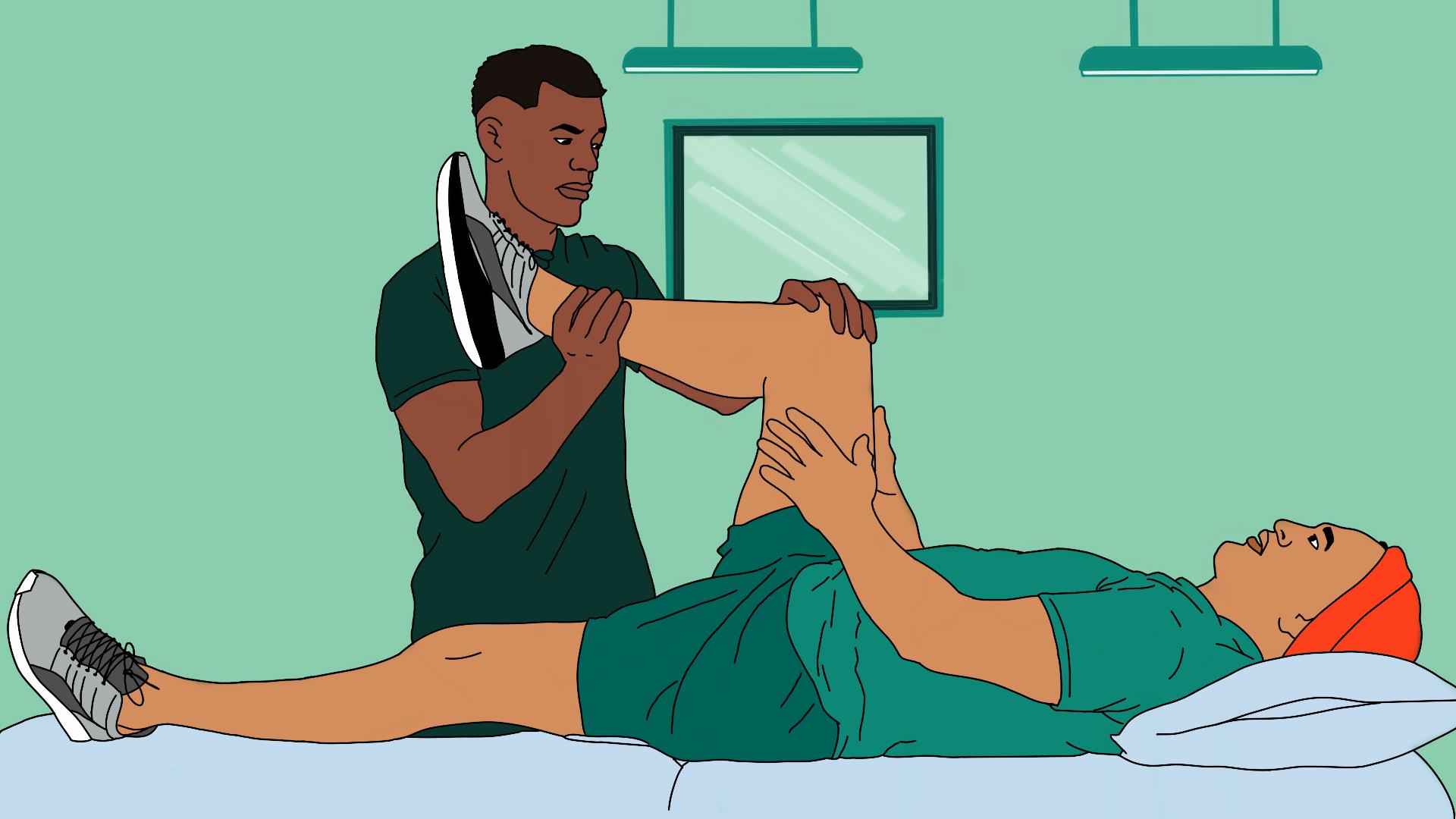🎧 Listen to: Rheumatism

Rheumatism
What is rheumatism?
In many African homes, you may hear older people complaining about “rheumatism,” describing pain in their joints and muscles. But what exactly is rheumatism?
Rheumatism is a general term used to describe conditions that cause pain, stiffness, and swelling in the joints and muscles. One of the most serious forms of rheumatism is rheumatoid arthritis (RA). This is a disease where the body’s defense system (immune system) mistakenly attacks the joints, leading to swelling and damage. Unlike ordinary joint pain, RA affects both sides of the body at the same time. For example, if you have pain in the right knee, you will likely feel the same pain in the left knee.
How common is rheumatism in Africa?
Many Africans suffer from joint pain, but few seek medical attention. Studies show that over 4% of the African population experiences rheumatoid arthritis, especially among women and the elderly. Many people mistake it for “old age sickness” or the result of hard work, but RA can affect young adults too. In countries like Nigeria, Ghana, Kenya, and South Africa, thousands of people live with this condition without proper treatment.
What are the symptoms of rheumatoid arthritis?
Rheumatoid arthritis is not like ordinary joint pain that comes and goes. It is a long-term disease that worsens over time. Here are some signs to look out for:
- Pain and swelling in multiple joints, especially in the hands, wrists, knees, or ankles.
- Stiffness in joints, especially in the morning or after sitting for a long time.
- Warmth and redness in the affected joints.
- Fatigue and weakness—feeling tired all the time.
- Mild fever and loss of appetite.
- Deformities in the fingers or other joints when the disease becomes severe.
These symptoms may come and go. When they are severe, it is called a “flare-up.” When they disappear for some time, it is called “remission.”
What causes rheumatoid arthritis?
Rheumatoid arthritis is caused by the body’s immune system attacking its own joints. However, scientists are still unsure why this happens. What we do know is that some factors increase the risk of getting RA:
- Age: Older people are more likely to develop RA, but young people can get it too.
- Gender: Women are more likely to get RA than men.
- Genetics: If someone in your family has RA, you are at a higher risk.
- Smoking: Smokers and people exposed to smoke from childhood are more likely to develop RA.
- Obesity: Being overweight increases the pressure on joints and can make symptoms worse.
How is rheumatoid arthritis diagnosed?
Many people with joint pain do not visit a doctor until the pain becomes unbearable. However, early diagnosis is important for better treatment. Doctors may use the following methods:
- Physical examination: Checking for swelling, redness, and reduced movement in joints.
- Blood tests: Looking for special substances (antibodies) in the blood that indicate RA.
- X-rays or MRI scans: Taking pictures of bones and joints to see the level of damage.
How is rheumatoid arthritis treated?
Although RA has no cure, proper treatment can help manage the symptoms and prevent further damage.
Treatment options:
- Medications:
- Pain relievers (e.g., paracetamol, ibuprofen) to reduce pain and swelling.
- Steroids to control severe inflammation.
- Disease-modifying drugs (DMARDs) to slow the progress of RA.
- Biologic drugs that help block the immune system from attacking joints.
- Lifestyle changes:
- Eat healthy foods rich in vegetables, fruits, and omega-3 fatty acids (found in fish).
- Avoid too much red meat, processed foods, and sugary drinks.
- Exercise regularly to keep joints flexible and muscles strong.
- Avoid smoking and alcohol, as they can make the condition worse.
- Physical therapy:
- Gentle stretching and strengthening exercises to improve joint movement.
- Hot and cold therapy to reduce pain and stiffness.
- Surgery (for severe cases):
- If joints are badly damaged, surgery may be needed to repair or replace them.
Take your health seriously!
In Africa, many people ignore joint pain until it becomes unbearable. Others rely on traditional herbs without seeing a doctor. While some herbal remedies may help relieve pain, rheumatoid arthritis requires medical attention to prevent serious disability. If you experience joint pain, do not ignore it, visit a health professional for advice.
